Join the Hapeville Depot Museum for a presentation by Hannah Palmer on her new book, The Pool is Closed: Segregation, Summertime, and the Search for a Place to Swim.
Books will be available for purchase via A Capella Books and signing by Hannah Palmer after the talk.
Seating is on a first come, first served basis. For accessibility requests, please email the museum at info@hapevilledepot.org
About the Book: In 2018, while teaching her kids to swim and working on urban river restoration projects, Hannah S. Palmer began a journal of social encounters with water. As she found herself dangling her feet in a seemingly all-white swimming pool, she started to worry about how her young sons would learn to swim. Would they grow up accustomed to the stubbornly segregated pools of Atlanta? Was it safe for them to wade in creeks laced with urban runoff or dive into the ever-warming, man-made swimming holes of the South? Should they just join the Y?
But these weren’t just parenting questions. In the South, how we swim—and whether we have access to water at all—is tied up in race and class. As she took her sons pool-hopping across Atlanta, Palmer found an intimate lens through which to view the city’s neighborhoods. In The Pool Is Closed, she documents the creeks behind fences, the springs in the sewers, the lakes that had all but vanished since her own parents learned to swim. In the process, she uncovers complex stories about environmental history, water policy, and the racial politics of public spaces.
Nothing prepared Palmer for the contamination, sewage, and bodies that appear when you look at water too long. Her search for water became compulsive, a way to make sense of the world. The Pool Is Closed is a book about water: where it flows and where it floods, who owns it, and what it costs. It’s also a story about embracing parenthood in a time of environmental catastrophe and political anxiety, of dwindling public space and natural resources. It chronicles a year-long quest to find a place to swim and finding, instead, what makes shared water so threatening and wild.

